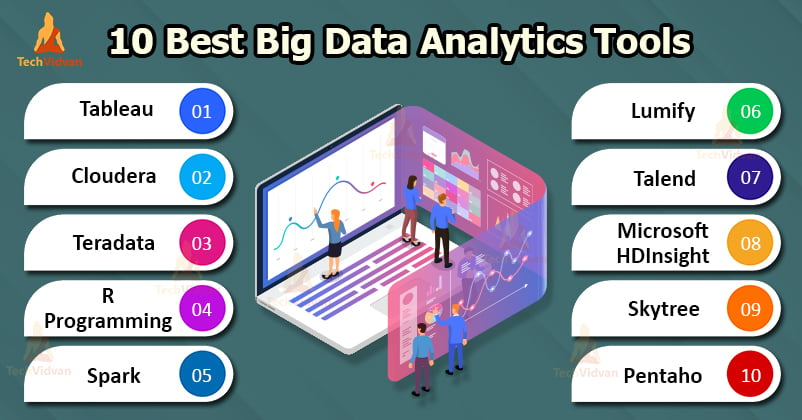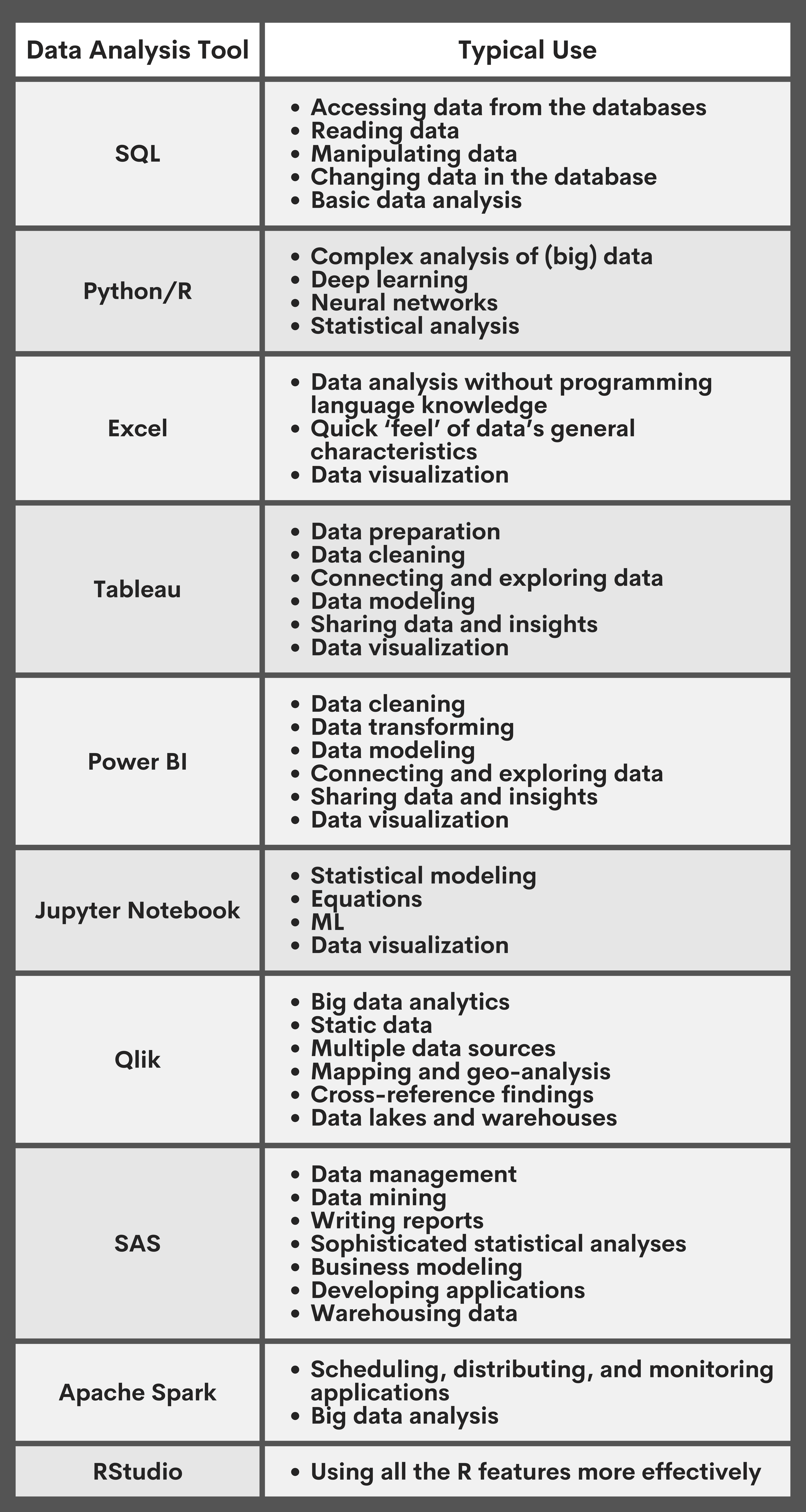Take Full Advantage Of Growth: How Analytics Drive Better Approaches
By taking advantage of information insights, services can improve their operational strategies, expect market adjustments, and boost customer interaction. The obstacle lies not only in gathering information but in successfully translating it to drive concrete results.
Recognizing Data Analytics
Data analytics is an organized computational analysis of data that enables organizations to reveal significant patterns and understandings. This process includes a variety of methods, consisting of analytical evaluation, anticipating modeling, and information mining, which collectively aim to transform raw data into actionable info - Analytics. By using these techniques, companies can make enlightened decisions that are rooted in empirical evidence instead of intuition alone
The foundation of data analytics hinges on its capability to manage huge quantities of info from diverse resources. This consists of structured data, such as databases, and disorganized information, consisting of social media sites communications and consumer responses. Through the use of specialized software and devices, experts can remove and refine this information effectively, determining trends and connections that might not be promptly evident.
Comprehending data analytics likewise involves recognizing the relevance of information high quality and stability. Precise and dependable information is critical for purposeful evaluation; thus, companies need to carry out durable data administration methods. Furthermore, the repetitive nature of analytics permits continual refinement and renovation of strategies, making certain that companies remain dexterous when faced with transforming market dynamics and consumer actions.
Secret Advantages of Analytics

Among the key benefits of analytics is its capability to offer workable insights. Organizations can promptly assess vast quantities of information, revealing patterns that might not be quickly noticeable. This aids in anticipating market changes and adjusting methods appropriately. Furthermore, analytics fosters a society of evidence-based decision-making, reducing reliance on instinct and uncertainty.
One more substantial advantage is boosted client understanding. Analytics tools enable companies to section their target market, track consumer habits, and personalize marketing initiatives. This targeted strategy not just boosts client interaction but additionally drives greater conversion prices.

Implementing Analytics Approaches
To completely understand the advantages of analytics, companies must take on organized strategies for application. This starts with clearly specifying objectives that straighten with broader service goals. By establishing details, quantifiable end results, companies can concentrate their analytics initiatives on locations that generate the greatest roi.
Next, organizations ought to focus on data administration to ensure the stability and protection of the data being evaluated. This involves establishing methods for information collection, storage space, and access while adhering to relevant regulations. Guaranteeing top quality data is essential for producing purposeful understandings.
Furthermore, cultivating a culture of data-driven decision-making is important. This needs training workers to analyze analytics searchings for and encouraging collaboration across departments. When teams comprehend the value of analytics, they are most likely to incorporate understandings right into their day-to-day procedures.
Last but not least, companies must consistently examine and improve their analytics approaches. The landscape of information and innovation is continuously developing, and remaining adaptable will allow companies to utilize brand-new devices and methods successfully. By executing these structured approaches, companies can make the most of the impact of their analytics campaigns and drive lasting growth.
Tools for Efficient Evaluation
Efficient analysis counts on a range of tools that assist in the extraction of insights from information - Analytics. These tools can vary from basic spread sheet applications to innovative maker learning systems, each serving an unique purpose in the logical process
Data visualization software program, such as Tableau and Power BI, plays a vital function in changing complex datasets into easy to understand graphical depictions. These devices enable analysts to recognize patterns and patterns quickly, enabling even more enlightened decision-making.
Statistical analysis software, like R and SAS, uses you could try here advanced capabilities for carrying out in-depth analyses, consisting of regression, hypothesis testing, and predictive modeling - Analytics. These official statement attributes encourage organizations to draw meaningful conclusions from their information, determining possible chances and threats
Additionally, data source monitoring systems such as SQL and NoSQL data sources provide the necessary framework for keeping and quizing big quantities of data effectively. They make sure that information is arranged and obtainable for evaluation.
Finally, organization knowledge systems incorporate numerous information resources, giving a comprehensive view of organizational performance. By making use of these devices effectively, organizations can boost their logical capacities, allowing them to establish techniques that take full advantage of growth and enhance overall performance.
Case Researches of Success
Successful organizations frequently utilize data analytics to drive impactful strategies, as shown by a number of significant situation studies. By using these insights, Netflix has actually successfully customized its material recommendations, resulting in raised individual involvement and customer retention.

Furthermore, Starbucks uses information analytics to identify ideal shop areas and fine-tune its product offerings. By analyzing consumer demographics and acquiring patterns, Starbucks successfully identifies high-potential markets and tailors its menu to regional tastes, driving sales and client loyalty.
These study highlight that reliable utilization of information analytics can bring about critical benefits, cultivating innovation and development within organizations across different industries.
Conclusion
To conclude, the combination of analytics into organizational strategies dramatically boosts decision-making procedures and cultivates lasting development. By leveraging data-driven understandings, organizations can recognize More hints fads, expect market shifts, and maximize procedures. The reliable application of analytics devices better sustains dexterity and technology, making it possible for companies to navigate competitive landscapes with higher precision. Eventually, a commitment to analytics not only drives immediate efficiency enhancements but likewise protects long-term success in an ever-evolving industry.
Data analytics is a methodical computational analysis of information that allows organizations to reveal meaningful patterns and understandings.Comprehending information analytics additionally includes recognizing the relevance of data top quality and integrity. Trustworthy and precise information is important for purposeful analysis; therefore, companies should apply robust information administration practices.Next, organizations must prioritize information administration to guarantee the stability and safety and security of the information being assessed.Effective organizations commonly leverage information analytics to drive impactful methods, as evidenced by several noteworthy instance studies.